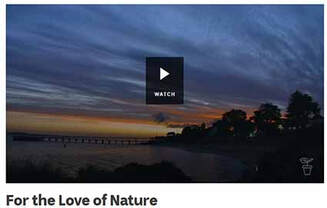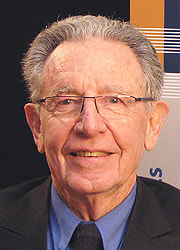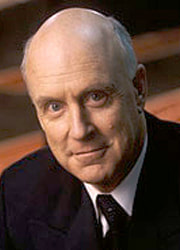As part of my effort to encourage the politicians to take a moment to reflect on the environmental and climate change issues confronting Western Port, I sent them a link to the video – for what it said in 2009 is still relevant today. The story appeared in the Bass Coast Post as Dear Reader.
With lockdown over and many Melburnians and others heading to this region to enjoy the sanctuary it offers, I was prompted to think of what they could do to help nurture and secure Western Port’s environmental future.
I’m fortunate to live here and, as such, I too have a responsibility to ensure this region will prosper, preferably founded on regenerative agricultural and ecotourism principles, and one not constantly under threat from industrial development, extractive industries and urban sprawl.
For if the latter part of this scenario comes to pass, goodness knows where Melburnians will go to escape the pressures of city life – for this alone, it is imperative that all must play a role in protecting this environment if it is to survive for future generations to enjoy.

It is a story that forever links the two families and their dreams to leave their part of Western Port no longer challenged but cherished.
The land at Rhyll, owned by each in turn, represents a remarkable transformative story: from a cattle grazing area to an environment now home to native flora and fauna and migratory birds; it is now entrusted to Trust for Nature (TFN) to ensure the legacy will survive.
This is a significant step, for as the program synopsis says, “This land has cultural and historical significance: It is protected by one of the first covenants put on private property in Victoria; now more than 100,000ha of Victoria is protected with TFN covenants. But it has environmental significance too. TFN rarely keeps donated land – it puts covenants on land and resells it - however it will keep the Clarke’s land.”
As if by magic, the Gardening Australia program arrived at an opportune moment, for the federal and state elections are just around the corner.
So if you get a chance, please watch ‘For the Love of Nature’ and if you have a mind to help secure this region’s ecological future, look round this environment and craft a message to your MP and prospective candidates.
I’ll keep pursuing the matter, for the work started by our ‘pioneering conservationists’ must continue. They understood and demonstrated that the land, waterways and the seas are mutually dependent and pointed the way for all of us to walk on Bunurong Country together.

